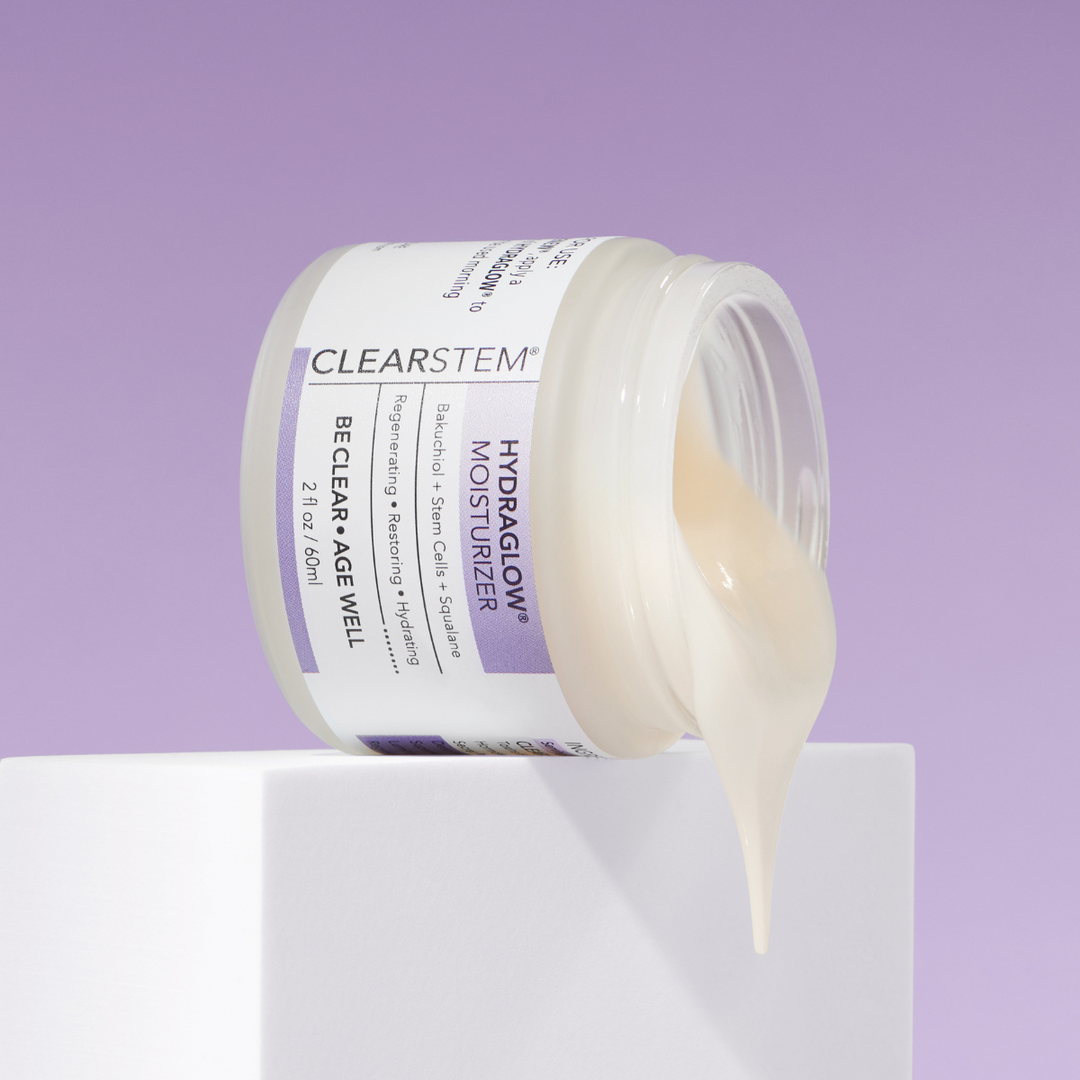If you’ve been prescribed spironolactone for acne, you’re probably excited about the possibility of clearer skin—but also wondering how to best support your skin during the process. We get it! Hormonal acne is no joke, and while spironolactone is a game-changer for many, it does require some adjustments to your skincare routine and overall wellness strategy.
Spironolactone works by blocking androgens (male hormones like testosterone), which reduces oil production and, in turn, helps prevent deep, painful cystic breakouts. But here’s the deal: while this medication is incredibly effective, it’s not an overnight fix. Some people experience an initial purge, increased sensitivity, or temporary dryness, which means you’ll need to tweak your skincare routine and support your body from the inside out.
Let’s dive into the best ways to care for your skin while taking spironolactone, including must-have skincare products, lifestyle adjustments, and supplements that work synergistically with this medication.
How Spironolactone Works for Acne
Spironolactone was originally designed as a diuretic to treat high blood pressure, but dermatologists have since recognized its incredible benefits for hormonal acne (1). It works by blocking androgens, the hormones that stimulate oil production in your skin. Less oil = fewer clogged pores and breakouts.
But here’s what you need to know: because it affects hormone balance, spironolactone can take several weeks (or even months) to show full results. During this time, you might experience:
-
An initial acne purge (as your skin adjusts)
-
Increased skin sensitivity
-
Dehydration and mild dryness
This means supporting your skin barrier and balancing hydration is key to minimizing irritation and speeding up your skin’s healing process.
Skincare Routine While Taking Spironolactone
If you’re on spironolactone, less is actually more when it comes to your skincare routine. You’ll want to focus on barrier repair, hydration, and acne-safe products that won’t clog your pores.
Use Pore-Clogging Ingredients Checker to make sure none of your products (this includes makeup, skincare, haircare, and detergent) contain any hidden ingredients that might be breaking you out.
1. Gentle Cleansing (Ditch the Harsh Stripping Cleansers!)
Since spironolactone can reduce oil production, it’s crucial to switch to a gentle, non-stripping cleanser that won’t over-dry your skin.
Try: GENTLECLEAN, a hydrating, sulfate-free cleanser with goldenseal, vitamin C, and green tea to gently remove impurities without compromising your skin’s moisture barrier.
2. Hydration is Non-Negotiable
Because spironolactone can cause dehydration, it’s essential to focus on water-based hydration (not heavy oils). A hyaluronic acid-based serum paired with a hydrating non-pore-clogging moisturizer is ideal.
Try: HYDRAGLOW, an instantly hydrating and plumping moisturizer with bakuchiol and squalane. For even more locked-in hydration, use HYDRABERRY,
3. Layer Your Skincare Correctly on Spironolactone
If you’re layering products, follow this simple rule:
-
Cleanser
-
Hydrating Serum
-
Moisturizer
-
SPF (AM)
4. Protect Your Skin from the Sun
Spironolactone increases sun sensitivity, making SPF a non-negotiable part of your routine. A broad-spectrum, mineral-based sunscreen will help prevent hyperpigmentation, irritation, and UV damage.
Try: YOUARESUNSHINE, a lightweight, mineral-tinted SPF 50+ sunscreen with zinc oxide for daily protection.
Why Acne Flares Up on Spironolactone & How to Handle It
The initial purge phase on spironolactone can be frustrating, but it’s temporary. This happens because your body is adjusting to hormonal shifts, and your skin is pushing out clogged debris.
Solutions for Skin Irritation on Spironolactone
-
Stick to gentle, non-comedogenic skincare (no pore-clogging ingredients!)
-
Reduce active ingredients like retinol and AHAs until your skin adjusts
Lifestyle and Diet Considerations
-
Drink plenty of spring or mineral water to prevent dehydration
-
Consider supporting your skin with targeted supplements (more on this later!)
-
Eat a nutrient-dense diet with healthy fats and antioxidants.
-
Get enough sleep to support skin regeneration. Supplements like PILLOWTIME-MAG can help you feel more relaxed in 30-60 minutes, and supports deeper, more restorative sleep.
-
Manage stress through exercise, meditation, or deep breathing.
Top Supplements for Spironolactone Users
Your skin heals from within, and supporting your body with the right supplements can enhance your spironolactone results while reducing side effects.
As always, you should consult with your healthcare provider for personalized advice on managing your skin while using spironolactone.
1. Hormone-Supporting Supplements
Supporting your body’s hormonal balance can make spironolactone even more effective.
Try: MINDBODYSKIN, a powerhouse supplement that targets hormonal breakouts, helps reduce inflammation, and supports gut health (a huge factor in clear skin!).*
2. Anti-Inflammatory Supplements
-
Zinc: Helps with wound healing and reducing acne bacteria.
-
Omega-3s: Supports skin hydration and reduces inflammation.
GOOD SEEDS is made with both omega-rich oils and zinc to support hydrated skin, balanced gut health, and overall well-being.*
3. Gut Health Support
Your gut and skin are deeply connected. A quality probiotic helps prevent acne-triggering imbalances in your microbiome.
Final Thoughts: Healing Your Skin with Spironolactone
Taking spironolactone for acne is a powerful tool, but it’s not a magic pill. Supporting your skin barrier, hydration, and overall wellness will make the transition smoother and help you get the best long-term results.
The journey to clear skin is a marathon, not a sprint, but with the right skincare and lifestyle adjustments, you’ll be on your way to a radiant, healthy glow—without the breakouts.
Want clearer skin faster? Check out the CLEARSTEM skincare line for acne-safe products made with no pore-clogging ingredients, ever!
*These statements have not been evaluated by the Food and Drug Administration. This product is not intended to diagnose, treat, cure, or prevent any disease.
Sources
-
Harper JC, "Spironolactone for Acne: Mechanisms and Clinical Applications," Journal of Dermatology, 2022.
-
Zeichner JA, "Hormonal Influences on Acne and How to Treat It," American Academy of Dermatology, 2021.









